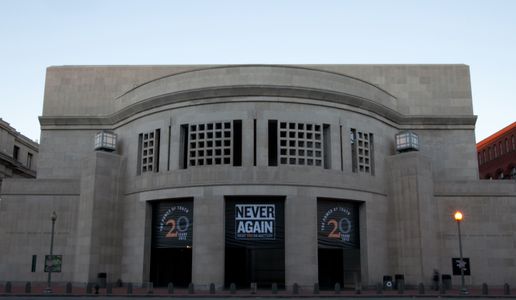Longman Leads Seminar on Role of Religion in Genocide
Timothy Longman, Associate Professor of International Relations and Political Science and Director of the African Studies Center at the Frederick S. Pardee School of Global Studies at Boston University, was a leader at a seminar this summer hosted by the Holocaust Memorial Museum in Washington DC on the role religion has played in genocides throughout history.
The seminar, entitled “Good, Evil and the Grey Zone: Religion’s Role in Genocide From the Holocaust to ISIS,” was hosted by the museum’s Program on Ethics, Religions and the Holocaust and held from June 27-July 1, 2016.
Longman co-taught the seminar with Professor Alexander Hinton, Founder and Director of the Center for the Study of Genocide and Human Rights and Professor of Anthropology and Global Affairs, and UNESCO Chair in Genocide Prevention at Rutgers University.
The seminar started with an analysis of the role of Christian churches and other religious groups during the Holocaust, and examined issues such as the definition of“religion” in the study of genocide, and what religious dynamics and ideologies emerge in a genocidal or pre-genocidal situation as well as the role of radical religious groups in genocides and how such groups are addressed from within and outside the larger religious tradition.
The course also focused on the specific role of religion in four case studies: the Holocaust, the Cambodian genocide, the Rwandan genocide and ISIS.
Longman’s current research focuses on state -society relations in Africa, looking particularly at human rights, transitional justice, democratization, civil society, the politics of race and ethnicity, religion and politics, and women and politics. You can read more about him here.
